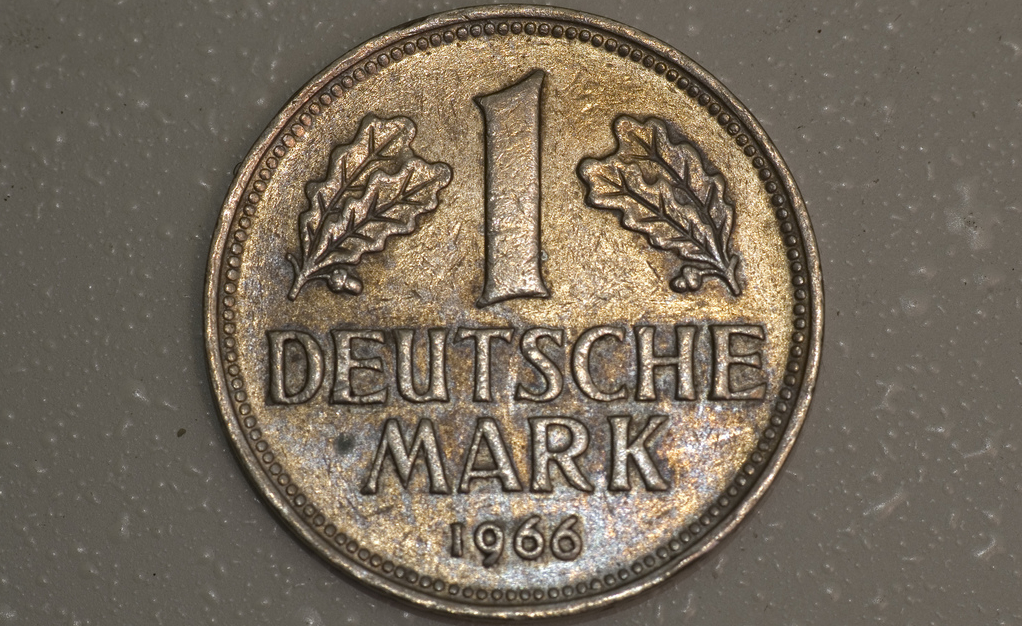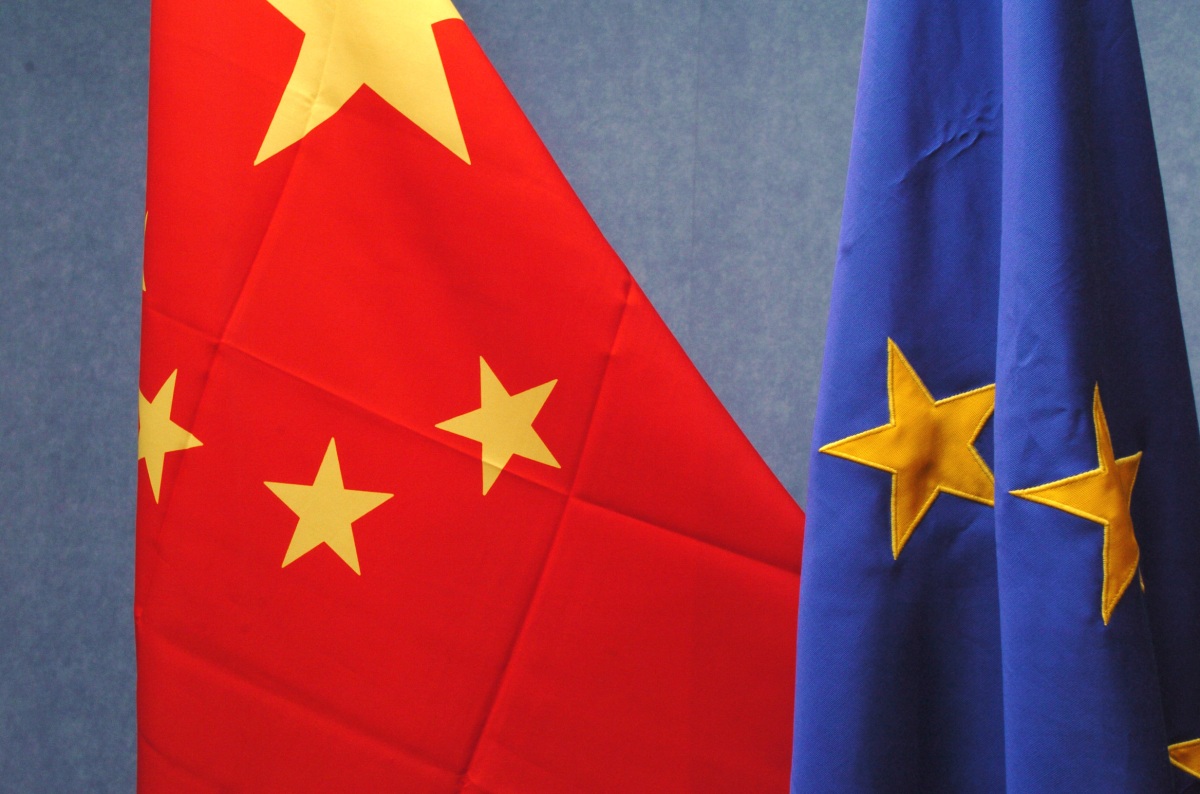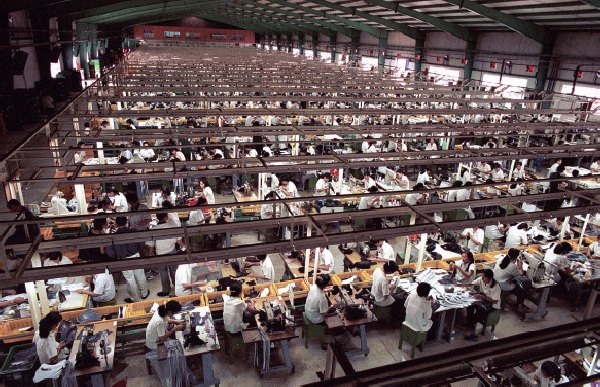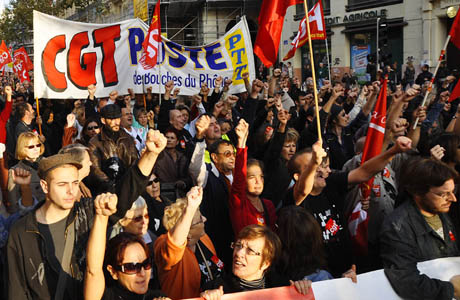Opinion piece originally published in the EUobserver on 30.11.11.
Not everybody’s into techno music. Some folks are a little bit country; others a little bit rock and roll.
But under what one Brussels wag recently called the EU’s ‘techno-party’ strategy – replacing elected representatives with technocrats and an end to consideration of fiscal policies by parliaments in favour of fiat by civil-servant ‘experts’ – nobody has any choice any more about what kind of music they want to listen to.
Economic policies will be decided for them, by the experts, by, if you will, those bangin’ bureaucrat and banker DJs in Brussels and Frankfurt.
Fiscal policy, like monetary policy, is simply too important for it to be ‘politicised’, the argument goes. The eurozone cataclysm is so serious that we no longer have time for “political games”, as European Commission President Jose Manuel Barroso put it last Monday (21 November), speaking alongside Greece’s new unelected leader, ex-European-Central-Bank (ECB) man Lucas Papademos. Continue reading →







